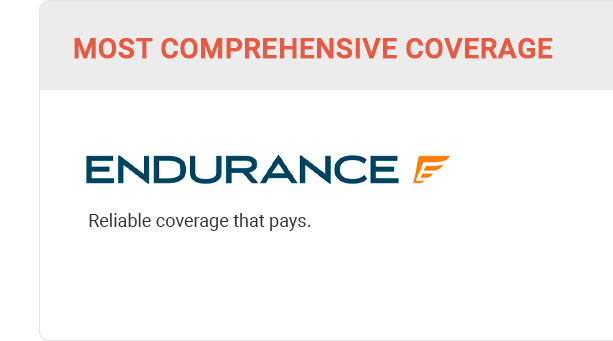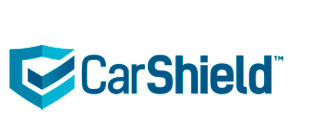 |
 |
 |
 |
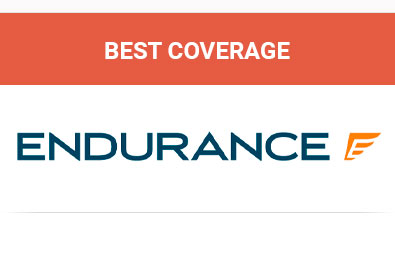 |
 |
 |
 |
 |
 |
|||
 |
 |
|||
 |
 |
|||
 |
 |
|
|||||||
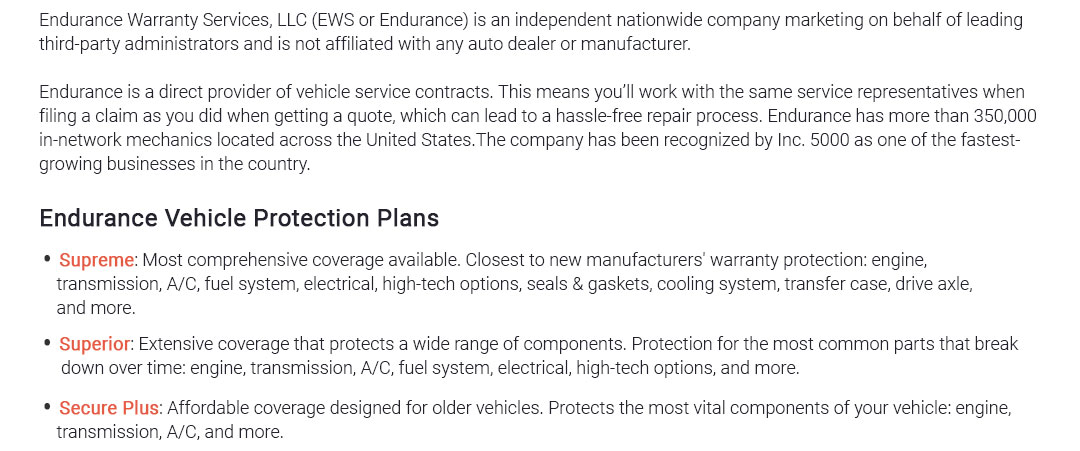 |
|||||||
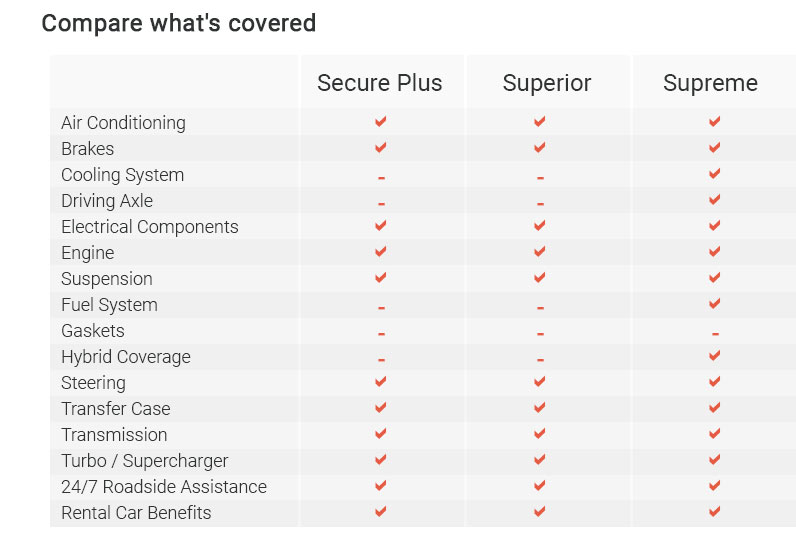 |
|||||||
 |
|||||||
 |
|||||||
|
|||||||
|
||||||
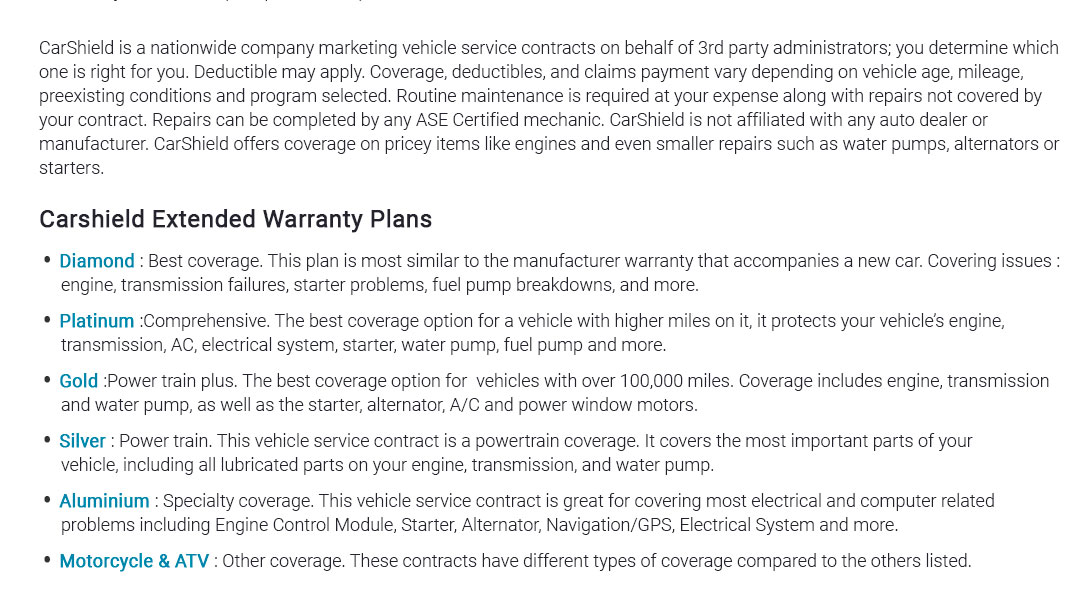 |
||||||
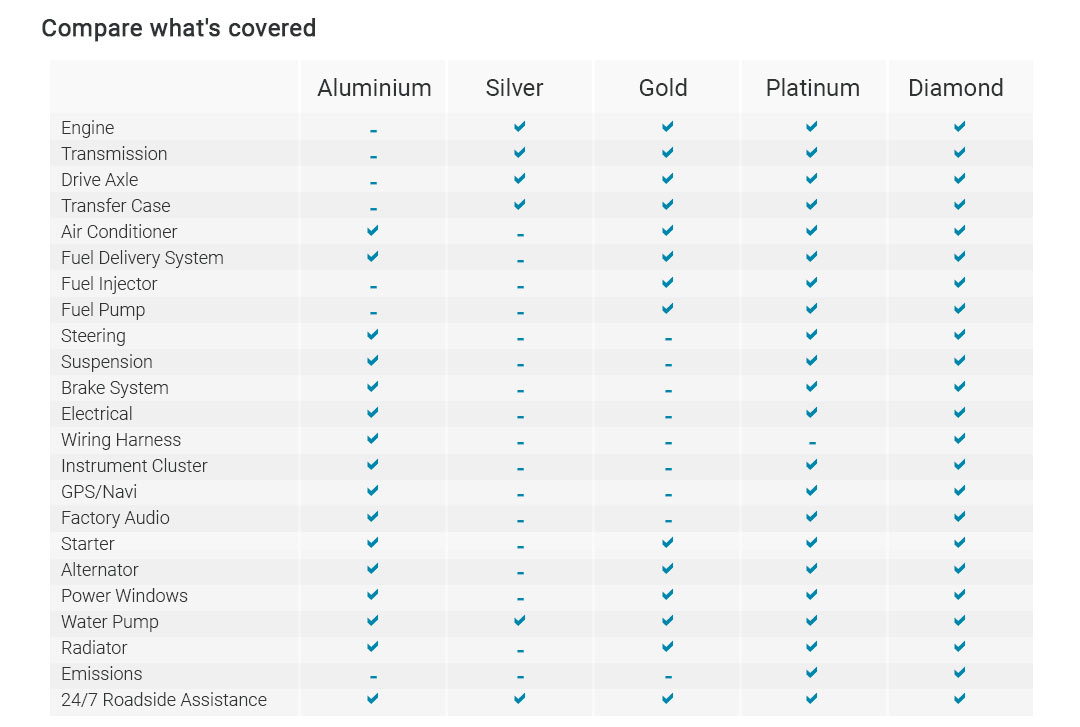 |
||||||
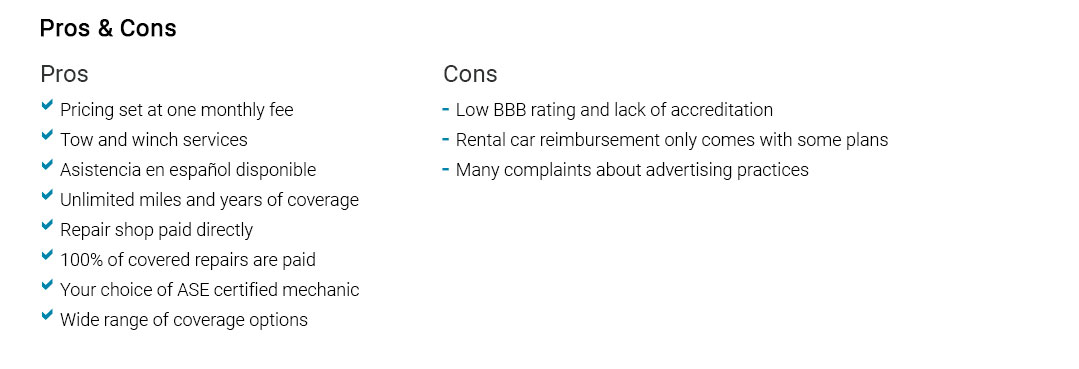 |
||||||
|
 |
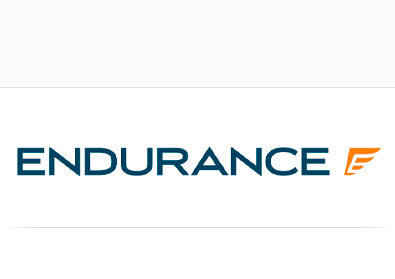 |
 |
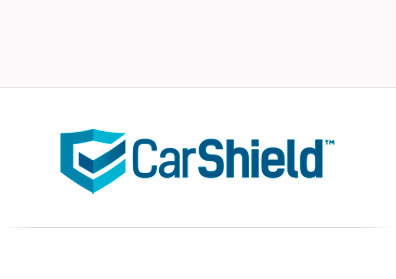 |
 |
 |
 |
|||
 |
 |
|||
 |
 |
Understanding Auto Repair Insurance Coverage: Navigating Your OptionsAuto repair insurance coverage, a concept increasingly gaining traction among vehicle owners, serves as a safeguard against the unpredictable nature of car repairs. As vehicles become more technologically advanced, so too does the complexity-and often the cost-of repairing them, making this type of insurance an attractive proposition for many. However, as with any insurance product, it's vital to navigate the available options with a discerning eye and a clear understanding of what you truly need. At its core, auto repair insurance, sometimes referred to as mechanical breakdown insurance, is designed to cover the cost of repairs that arise from mechanical failures. Unlike typical auto insurance policies that cover damages resulting from accidents or natural disasters, this insurance specifically addresses the wear and tear that naturally occurs over time. While it might seem like an unnecessary expense at first glance, it can be a financial lifesaver when faced with an unexpected transmission failure or an engine overhaul. There are several critical considerations to keep in mind when evaluating auto repair insurance. Firstly, the coverage specifics are paramount. Policies can vary widely, with some covering only specific components or systems, while others offer more comprehensive protection. It's crucial to read the fine print and understand what is included-and perhaps more importantly, what is excluded. For instance, routine maintenance and parts subject to wear and tear, such as brakes and tires, are typically not covered. Cost is another significant factor. Premiums for auto repair insurance can differ based on the make, model, age, and mileage of your vehicle. Older cars or those with higher mileage might attract higher premiums due to the increased likelihood of breakdowns. It's advisable to weigh the cost of the insurance against the potential cost of repairs. In some cases, setting aside funds in a dedicated savings account might be a more prudent approach. The reputation of the insurer also plays a vital role in your decision-making process. Conduct thorough research into various providers, paying close attention to customer reviews and ratings. A company with a reputation for excellent customer service and prompt claim processing will provide peace of mind, knowing that you'll receive support when you need it most. Moreover, consider the flexibility of the policy. Some insurers offer customizable plans, allowing you to tailor coverage according to your specific needs and budget constraints. Flexibility in choosing repair shops can also be a crucial point; some policies restrict you to a network of approved mechanics, which might not include your preferred or trusted service provider.
In conclusion, while auto repair insurance coverage is not a one-size-fits-all solution, it can be a valuable asset for many vehicle owners. By carefully considering the elements discussed, you can make an informed decision that aligns with your financial situation and driving habits. Whether you choose to invest in a policy or rely on a savings buffer, the key is to be prepared for those unexpected repair bills that are an inevitable part of vehicle ownership. https://www.lemonade.com/car/explained/car-repair-insurance/
Probably Covered: Typically, car repair coverage covers all repairs that aren't specifically excluded from the policy. That means if you're unable to shift your ... https://www.progressivecommercial.com/business-insurance/professions/auto-mechanic-insurance/
Auto mechanic insurance is designed to protect auto repair shop mechanics and mobile mechanics from costly liabilities resulting from unexpected accidents. https://www.libertymutual.com/vehicle/auto-insurance/coverage/car-repair-insurance
What is the Lifetime Repair Guarantee? The Lifetime Repair Guarantee is a car repair insurance that eliminates the hassle of fixing your car after an accident.
|



